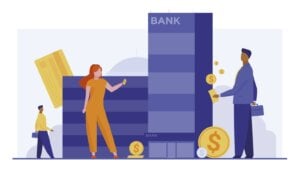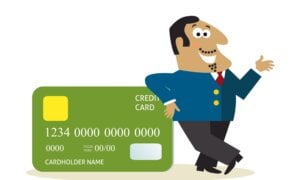ADHD debt help: Managing finances can be tough, but not unmanageable
A clinician who specializes in Attention Deficit Hyperactive Disorder shares tools and practical advice for overcoming the tendency to make impulsive buys, miss bill payment deadlines and overdraw at the bank.












I’m a 43 year old with ADHD, and I have a credit card for building credit, but I also have a KOHO card which I use to add my own money so I can control my impulse spending. I can still use it like a credit card for hotels, car rentals etc.. but it allows me to control the impulses. With PayPal on so many sites though e-commerce impulse spending can still be an issue, you don’t even notice your balance going down and then all of a sudden you have no money. Again this prepaid card has helped me deal with that as I set the amount to send to it. People with ADHD also suffer from higher addictions including gambling and online games. Disconnecting your game store payments from your payPal will help people control this. From my experience PayPal is not an answer for people with ADHD.
I would love to see more articles like this. I wasn’t able to control my debt for so many years. I never attributed it to my ADHD. So many people struggle with finances.
It took a concerted effort to finally get it under control. Since I did decide work to manage it, it has become something of an obsession. I don’t know if that is the benefit of hyper focus.
Some tools I use are:
All my bills are automatically charged to my PC Mastercard so I don’t miss a payment (also earn PC points)
My PC Mastercard is set to alert me when my balance hits $1200 and every time a purchase over $50 is charged (so I can’t ignore my purchases). I chose that amount because that is usually how much I spend on utilities etc biweekly and can pay it off easily
I separate all my money into sub accounts so I can keep my finances straight. The one savings and one chequing account doesn’t work for me
My credit union allows me to name each sub account so I have TFSA(emergency/long term savings)/Municipal Taxes/Student Loan funds and a house/car maintenance or repair account.
I am 36 years old and I have been trying to pay down my credit cards and unfortunately sometimes I forget putting other bills ahead of paying down my credit cards. Thus resulting in delinquencies. My dad is obsessed with knowing how much I need to pay. What I used the cards for and etc. and honestly it’s causing more anxiety for me.